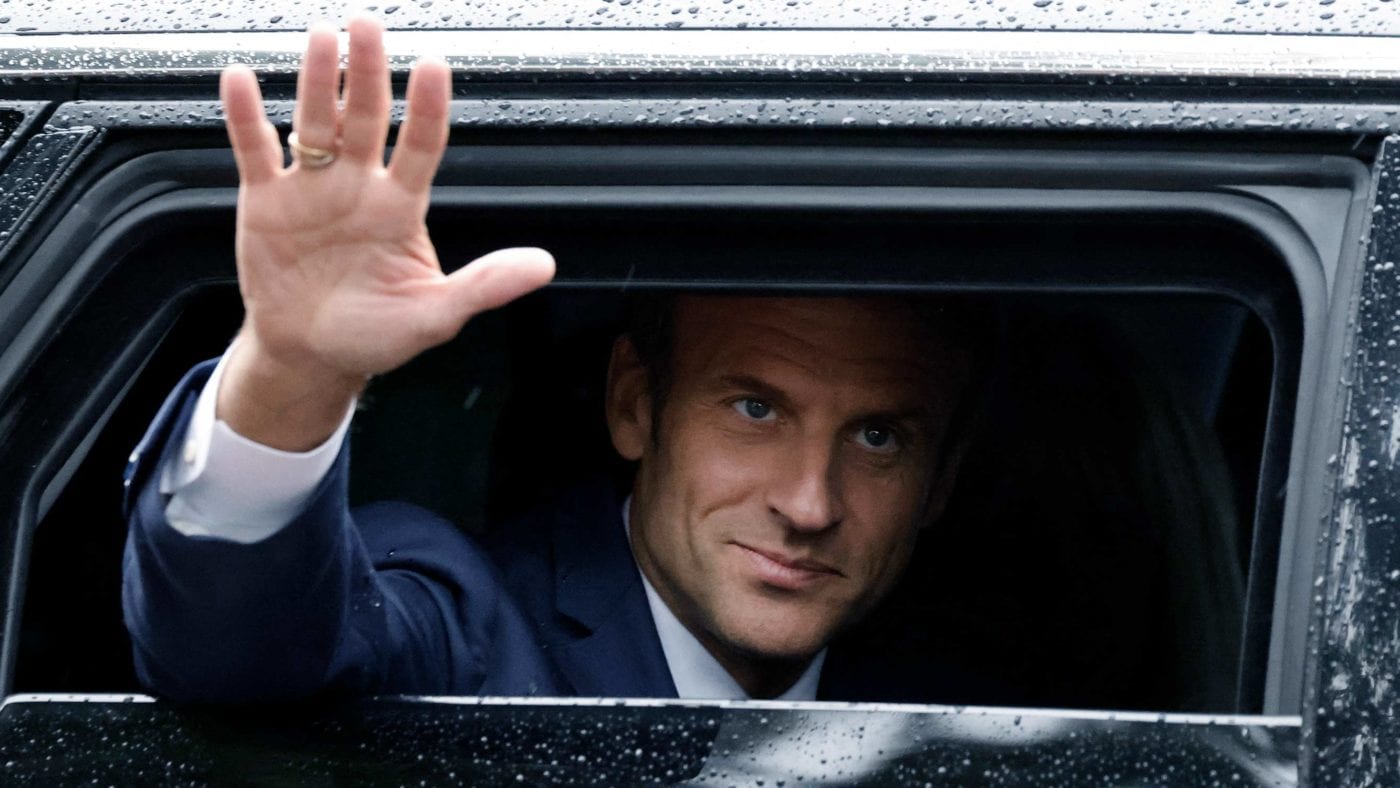A president in name but not power, that is the grim reality for Emmanuel Macron after the French electorate deprived his centrist Ensemble! coalition of an absolute majority in the National Assembly.
It was Charles de Gaulle who famously said that any country with 246 cheeses is ungovernable, a figure that is one more than the number of Ensemble! députés (MPs) elected to the lower house. Macron needed 289 for an absolute majority, and his failure to reach that number is likely to scupper his ambition to push through any meaningful reform in the foreseeable future.
Macron can expect little cooperation from the two parties that performed best in the legislative elections. Jean-Luc Mélenchon’s left-wing alliance of Communists, Greens and Socialists, nicknamed NUPES (the New Popular Ecological and Social Union), won 131 seats and they have already tabled a motion of censure against the government on July 5, the day Prime Minister Élisabeth Borne is scheduled to outline her agenda.
Then there is Marine Le Pen’s National Rally. They increased their number of MPs from eight to 89, confounding the pollsters who had confidently predicted that Le Pen’s share of the vote would be around 40 seats.
Le Pen’s party is routinely described as far-right but they are more nuanced than that; on immigration, Islam and law and order, the National Rally is to the right, but economically, the party is on the left. Le Pen and Mélenchon are Protectionists, who want to reduce VAT on essential goods and lower the age of retirement from 62 to 60.
The pair are also visceral Eurosceptics who believe that France has ceded far too much of its sovereignty to Brussels in recent years. Neither was amused at the start of this year when Macron marked France’s assumption of the rotating presidency of the EU Council by unfurling the blue and gold EU flag under the Arc de Triomphe. That was a typically provocative gesture by Macron, but the days of his lording it over his opponents are now over.
He has invited opposition party leaders, including Mélenchon and Le Pen, for talks at the Élysée Palace this week in the hope of finding some common ground. Fat chance. Mélenchon has problems of his own, having had his call for the NUPES to form a single parliamentary opposition group rejected on Monday. Neither the Socialists, Greens or Communists want to be subsumed any further by Mélenchon’s far-left La France Insoumise (LFI), the dominant party within the coalition.
Macron – brilliant at exploiting weaknesses among his political rivals – will doubtless try and widen the fractures within the NUPES by courting the centre-left Socialists. They have 26 MPs among the coalition’s 131 seats, significantly fewer than the 72 of LFI, but nonetheless a bloc that could be useful for Macron in bolstering his majority.
Prime Minister Borne, elected only last month, hails from the left (she worked for Lionel Jospin when he was the Socialist PM of a cohabitation government in the late 1990s), and she was chosen by Macron in the hope of luring left-wing voters away from Mélenchon’s coalition.
That strategy failed and it is now not the centre-left that Macron needs to seduce but the centre-right Les Republicans (LR), who took 64 of the 577 seats in the National Assembly. A decade ago they boasted 194 MPs, an indication of how their influence has waned in the last ten years.
Some of their wounds are self-inflicted; like the Socialist Party, the Republicans have this century moved too much towards the centre, catering for the preoccupations of an affluent and ageing demographic, indifferent to the concerns of younger blue-collar workers. But Macron is also responsible for the emasculation of the Republicans, enticing many prominent figures – among them his first Prime Minister, Édouard Philippe – to join his En Marche movement in 2017.
The support of the 64 Republican MPs could dig Macron out of his hole, but they know that after years of humiliation they now have the whip hand. Furthermore, the 64 MPs are among the more right-wing of the party, the same people who resisted Macron’s overtures in 2017. Why, they ask, should they come to the aid of a president who they regard as culturally left-wing?
‘We are in opposition to the government of Emmanuel Macron,’ announced Christian Jacob, the LR president on Monday. ‘There is no question of a pact, coalition or any kind of agreement. But we will be a respectful opposition on the individual laws proposed.’
In other words, LR will vote with Macron’s party when it is in their interest, on issues such as immigration and law and order. But what will they demand in return? A new PM for a start, one with no left-wing affiliation, and probably a new Minister of Education to replace Pap Ndiaye, whose talk of decolonising the school curriculum has enraged the right.
It was reported on Tuesday that Macron had rejected an offer from Borne to resign but he is probably playing for time; the NUPES have demanded that she subject herself to a vote of confidence in the Assembly; if an opinion poll on Tuesday that showed her public popularity has dropped by 7 points this month is anything to go by, she would be unlikely to win such a vote.
De Gaulle was right about France being ungovernable. The only consolation is the quality of those 246 cheeses.
Click here to subscribe to our daily briefing – the best pieces from CapX and across the web.
CapX depends on the generosity of its readers. If you value what we do, please consider making a donation.


